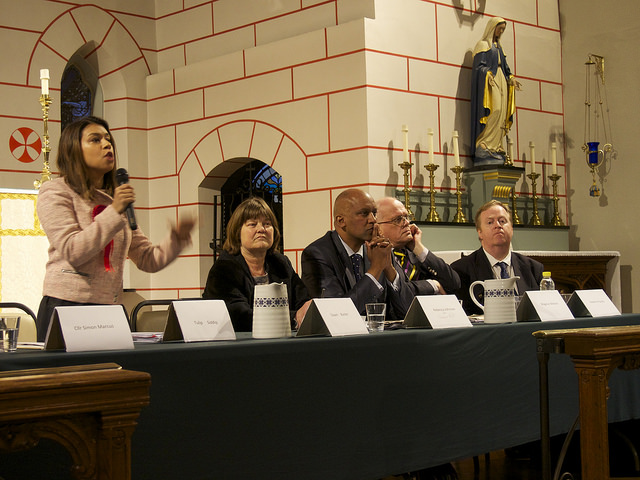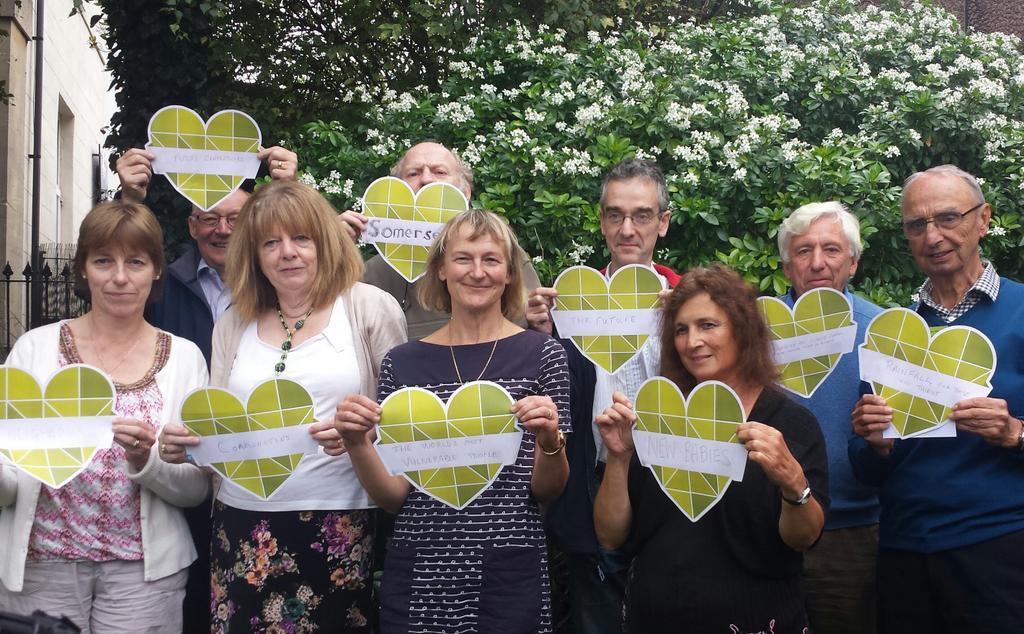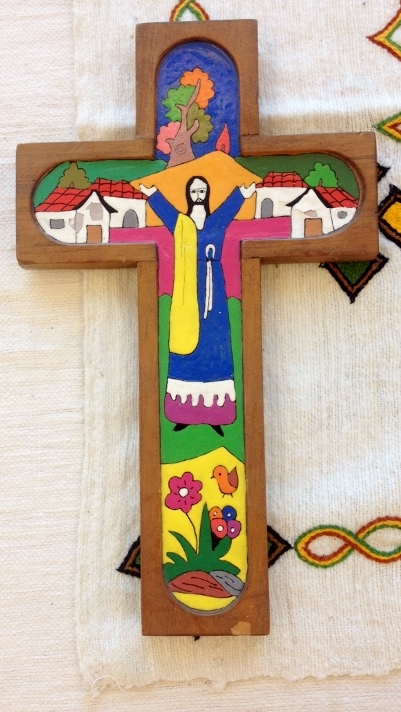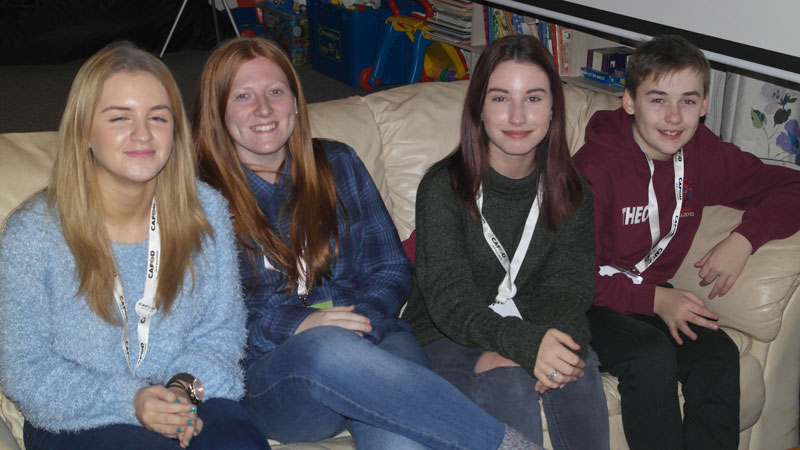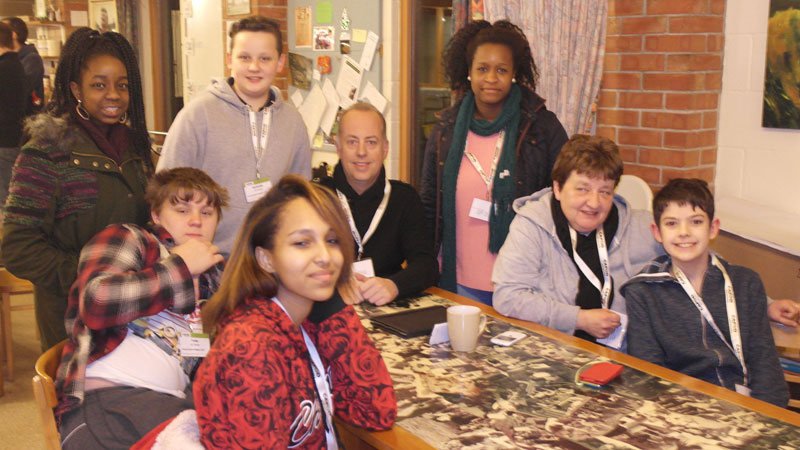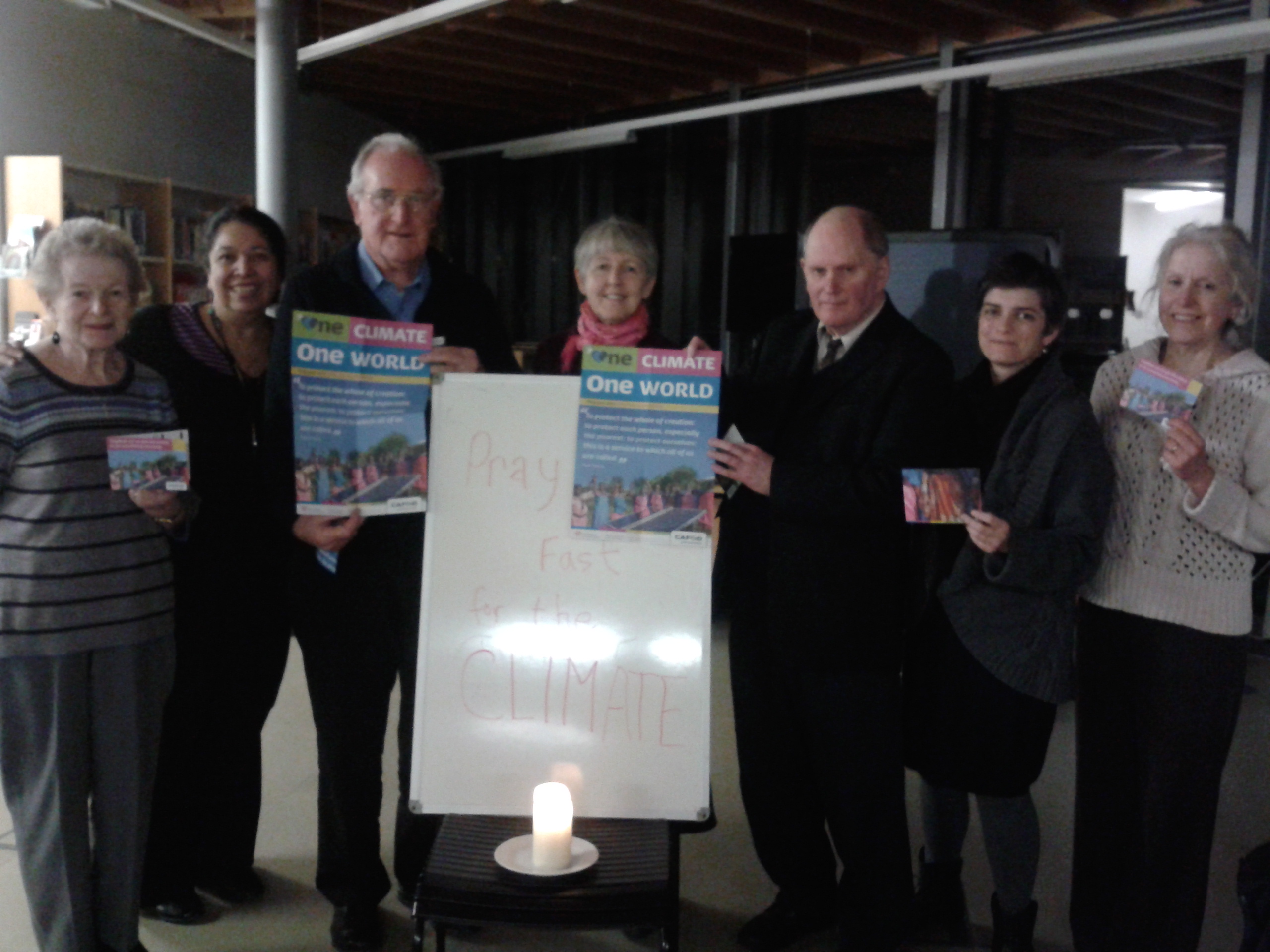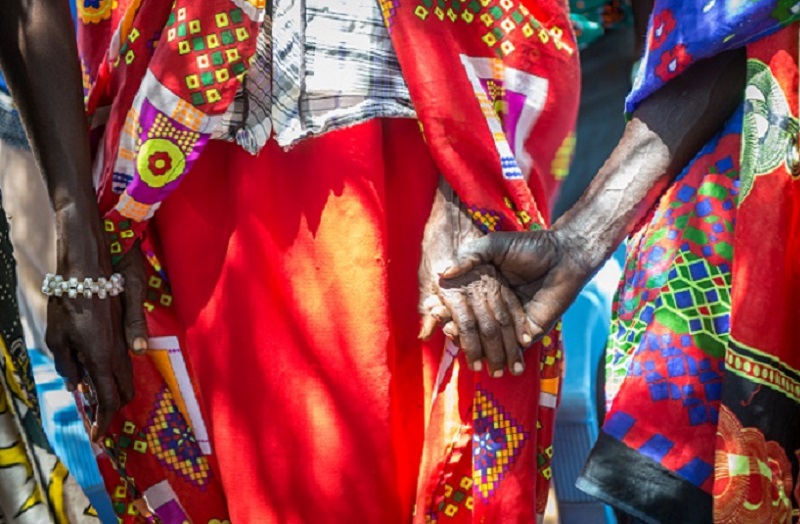Young climate bloggers: Hal, Leah and Emer talk about the election and the upcoming climate change lobby
May 16, 2015
Our amazing young climate bloggers were busy during April, raising awareness of our climate change campaign and also raising funds for our Lent and Nepal appeals. Before the General Election, they took action themselves and encouraged all of us to do so by talking to our parliamentary candidates. As Hal from All Saints said before the election:
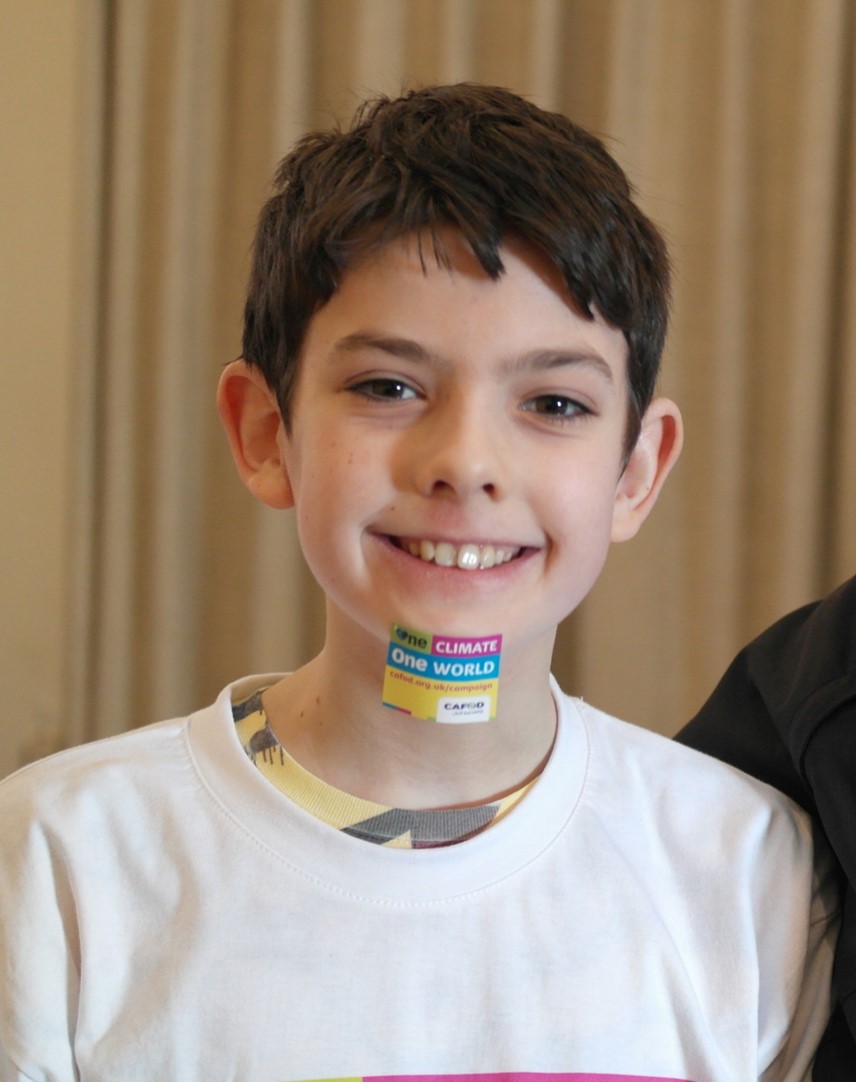
“Now that a General Election is coming up it’s the best time to ask your local candidates what they are going to do about climate change if they become MPs, so don’t miss out on this chance. You might think climate change is not as big an issue as the economy or immigration in this election but CAFOD are campaigning about it for a reason which is that it’s the single biggest threat to reducing poverty. We are a global family so we should make it our duty to help those in need or affected by climate change.”
Leah and Emer from St Erconwalds decided to do just that, and they contacted their local MPs. Here’s what they had to say:
“Emer and I have decided to write letters to all of our local MPs about climate change. This isn’t hard

to do, because on the CAFOD website they have a page which can show you all of your local MPs and send an email (which is prewritten for you) to them when you enter your postcode and first line of your address. You could easily send it as an email, but we chose to write letters as we felt it was a more prominent way of getting our message across.”
Be inspired by what some of the other young climate bloggers have been up to.
